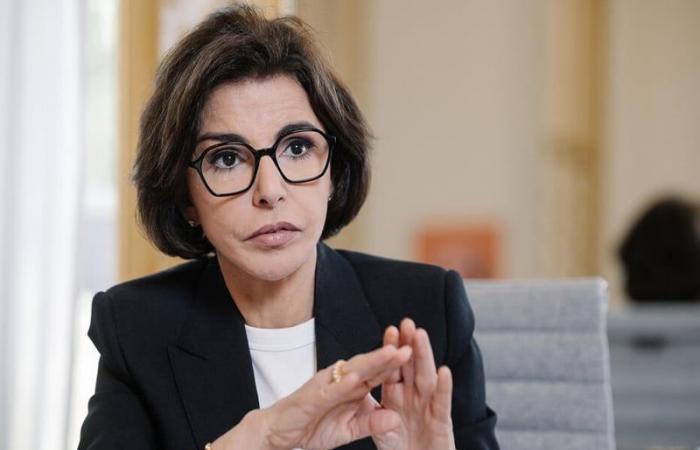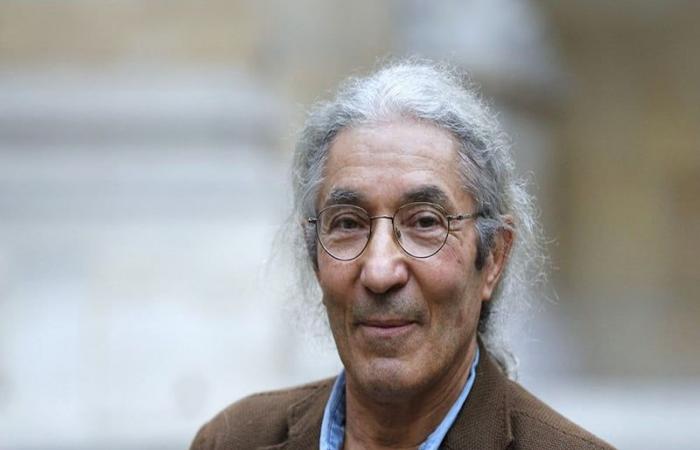A wind of indignation is blowing over Franco-Algerian relations as Rachida Dati, French Minister of Culture, finally breaks her silence in the face of the opaque, to say the least, detention of the Franco-Algerian writer Boualem Sansal.
Writer in turmoil
Boualem Sansal, 75, is much more than just an author. His incisive writing and his critical view of the Algerian regime made him a respected intellectual figure, but also a controversial figure in his native country. Arrested upon his arrival in Algiers in mid-November, Sansal was placed under arrest, accused of endangering state security. An accusation which raises questions, both in Algeria and internationally.
In a context in which the space reserved for freedom of expression seems to be increasingly reduced in Algeria, the incarceration of the writer caused an outcry among literary and political circles. Rachida Dati, long silent on this affair, spoke this Thursday to express her “ visceral attachment to creative freedom and the defense of writers ».
On the diplomatic scene, even if the support seems late although firm, the French reaction was initially intended to be discreet. However, growing outrage around the case has forced authorities to take a stand. “ The incarceration of a writer for such vague reasons is a red line that France cannot tolerate “, declared Dati, stressing that the State was mobilizing ” all necessary means to obtain the release of Boualem Sansal and allow him to return to his loved ones ».
Rachida Dati is not the first to denounce this situation. Before her, Jean-Noël Barrot, head of French diplomacy, had already described this detention as “unacceptable”, while recalling that France was closely following developments in the matter in Algiers and Paris. The Sansal affair goes far beyond the scope of a simple legal procedure. It illustrates the persistent tensions between France and Algeria, where every diplomatic gesture is scrutinized.
Case with political ramifications
For the totalitarian regime of the seniles of Algiers, this arrest seems to be a direct response to the writer’s writings considered too daring. For Paris, it is yet another test of its relations with a former colony where freedom of expression remains a thorny subject. Boualem Sansal, despite his advanced age, remains a fighter. According to his French lawyer, he was recently able to speak with his Algerian defense and remains in good health. Currently, he is placed under committal order in a penitentiary unit of a hospital in Algiers. But the legal fight is far from won: the indictment chamber still has three weeks to examine the appeal filed by its lawyers.
While intellectual circles continue to mobilize in favor of the writer, this affair raises crucial questions about the state of fundamental freedoms in the region. Boualem Sansal represents not only a feather of resistance against the authoritarianism of the capos regime of Algiers, but also a warning against the dangers of a locked public space.
France, for its part, plays a delicate role. Supporting Sansal without exacerbating tensions with Algiers seems to be a perilous mission. Rachida Dati and her colleagues in government must now find a balance between cautious diplomacy and uncompromising defense of fundamental values.
The Boualem Sansal affair is much more than a simple arrest. It is a symbol, a dividing line between two visions of the world: that of intellectual openness and that of the repression deliberately applied to opponents of all sides by the military and totalitarian regime of Algiers. While France strives to ensure the release of the writer, it remains to be seen whether this mobilization will have concrete effects or if it will die out in the face of certain diplomatic realities.







